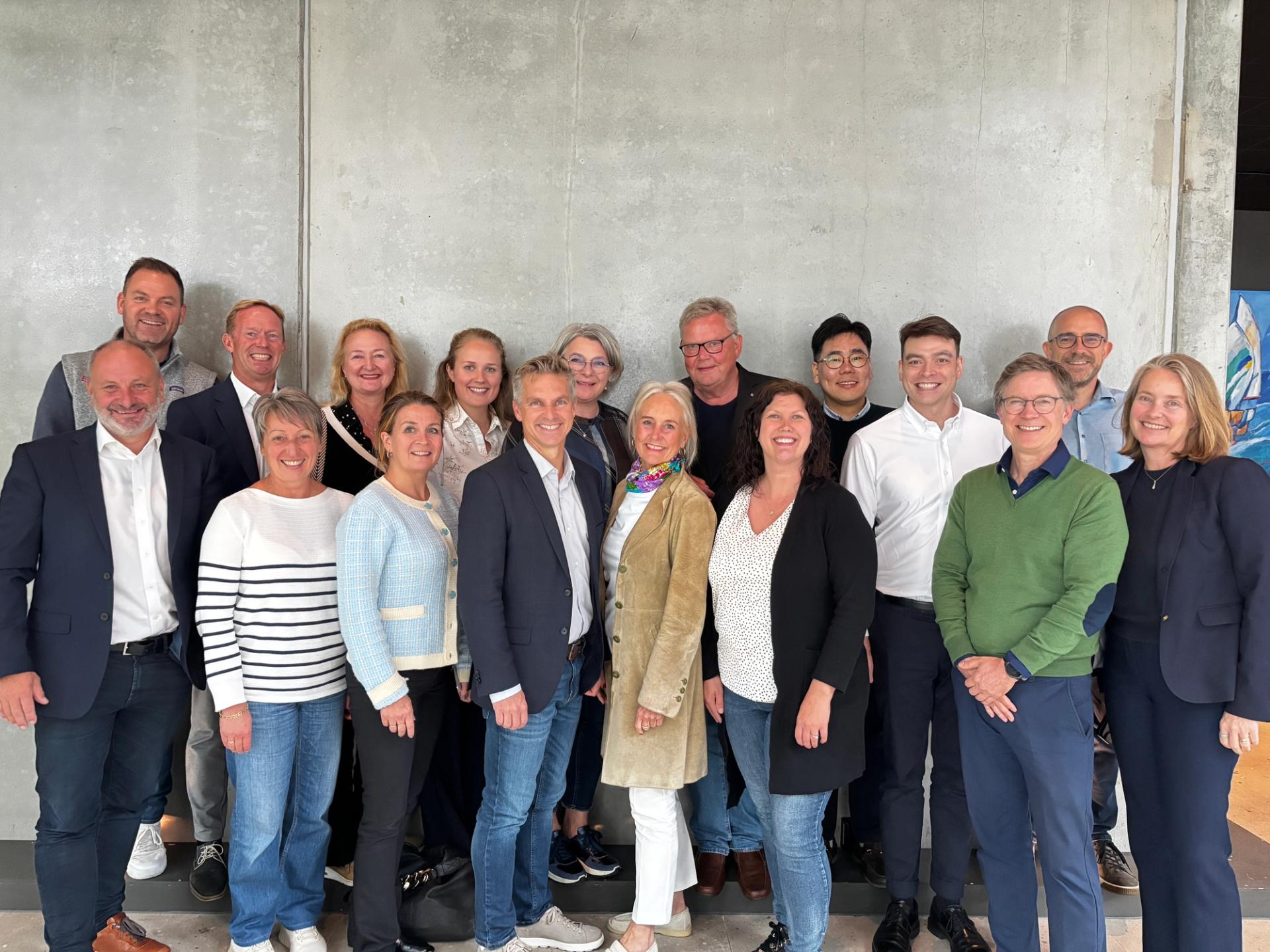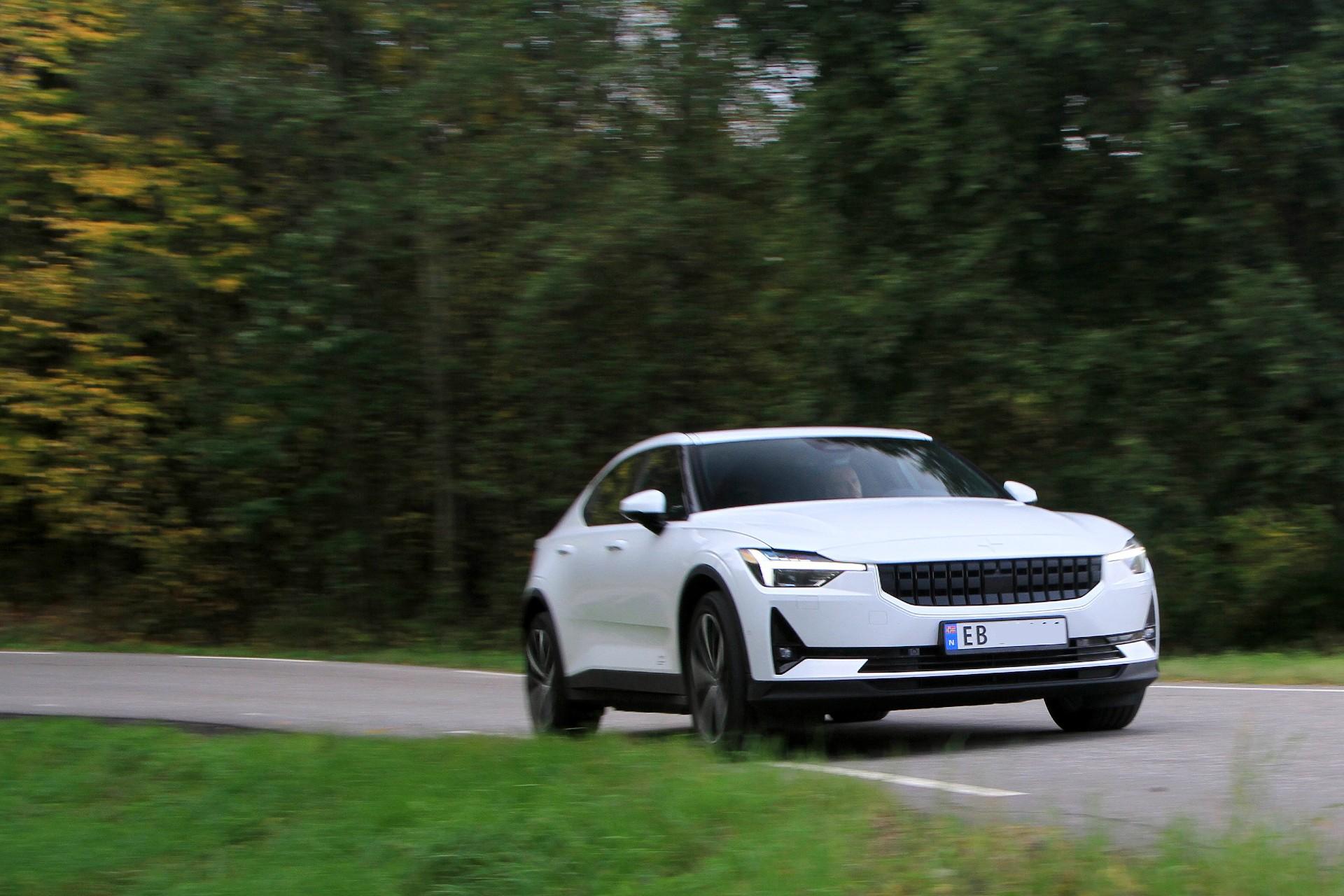
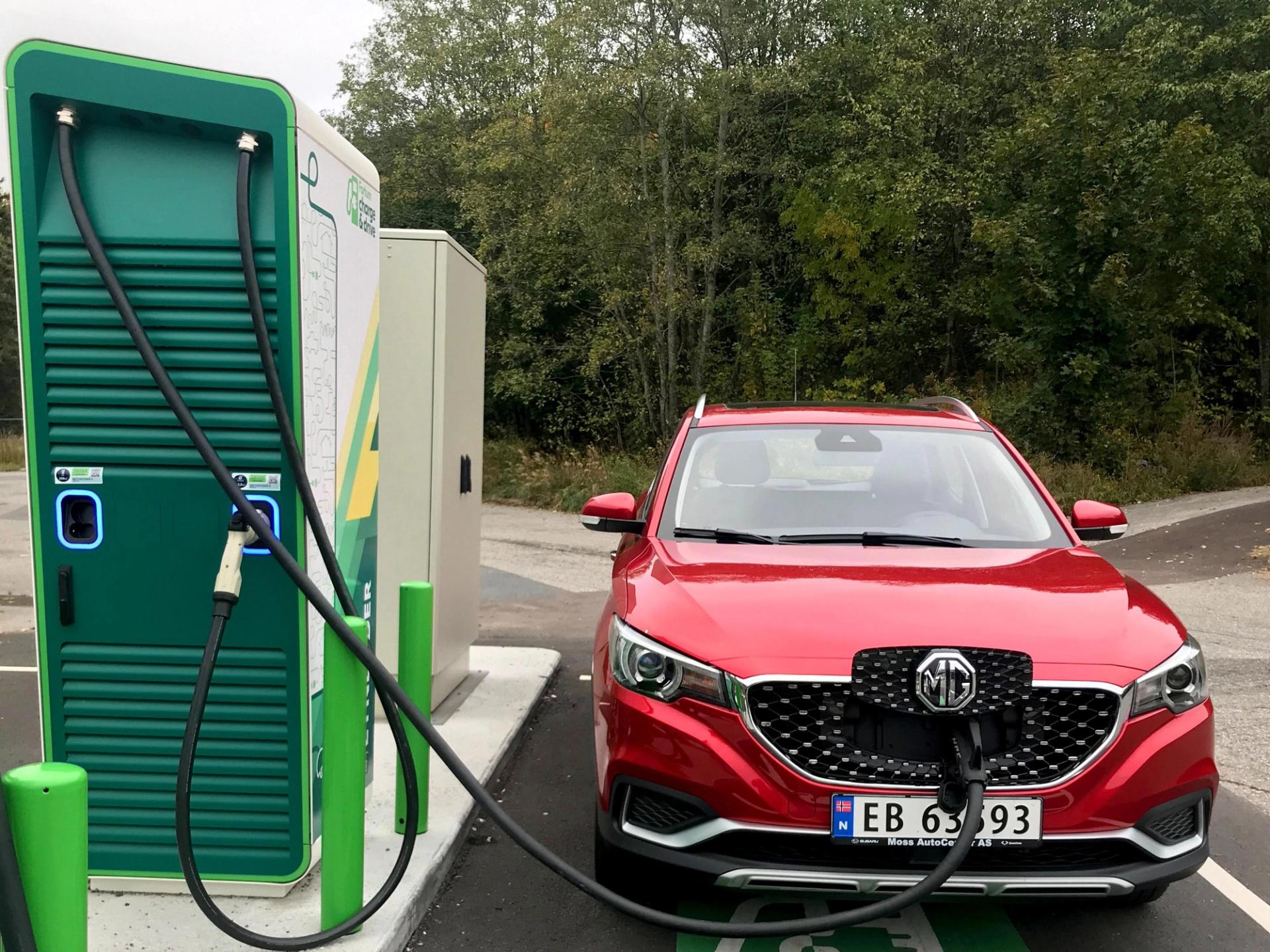
Its world record in electric cars is creating a battery recycling revolution in Norway
Published 18 Jul 2022 (updated 19 Dec 2025) · 6 min read
Norway has long held the world record in new sales of electric cars.
In 2022, the share of EVs increased to a mind-boggling 79.3 per cent.
This EV success is laying the foundation for pioneering battery recycling operations in Norway.
“Norway’s position as a frontrunner in EV use creates excellent conditions for investment.”
Fredrik Andresen
former CEO of Hydrovolt
The global trend towards electrification is gaining momentum. To meet the demand for clean electricity, the world needs millions more environment-friendly batteries for everything from powering electric vehicles (EVs) to storing electricity produced from renewable sources such as solar and wind.
A sustainable battery industry, however, entails much more than production. Recycling is the key to creating a circular value chain, and Norway has emerged as a pioneer in this challenging field. So how did Norway get here?
The world champion in EV adoption
This new recycling industry requires batteries. Lots of them. At the start of 2021, Norway became the first country in the world in which half of all new cars sold are electric. The trend continued through 2022, in which as many as 79.3 per cent of all new cars were electric. This record-breaking number of EVs – and EV batteries – has helped to jump-start Norway’s battery recycling industry.
One company benefiting from the EV wave is Hydrovolt, which began operations in 2022. It is Europe’s largest EV battery recycling plant and the first to be established Norway.
Hydrovolt has the capacity to process 12 000 metric tons of battery packs on annual basis, or enough to recycle the entirety of the Norwegian end-of-life battery market. The fully automated recycling process enables recycling of up to 95 per cent of battery materials, including aluminium and the “black mass” containing lithium, manganese and cobalt.
“Norway’s position as a frontrunner in EV use creates excellent conditions for investment. In addition, many EV batteries that have been recalled in recent years were being used in Norway, resulting in a large recall volume. This gives us the input and the flow to risk investing in battery recycling,” says Fredrik Andresen, former CEO of Hydrovolt. (Editorial note: Fredrik Andersen is now CEO of the Norwegian company Batteriretur, which recycles all types of batteries.)
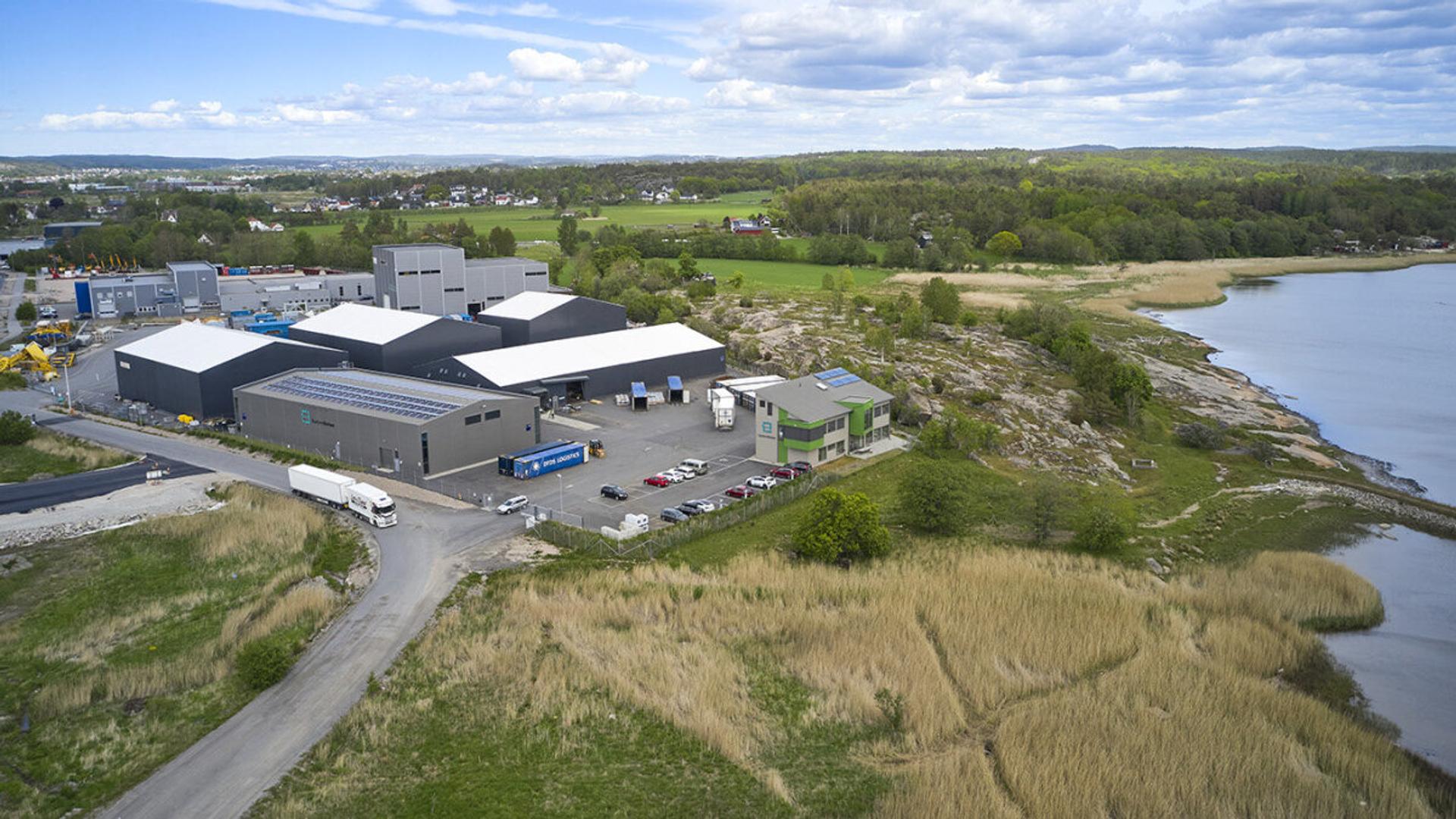
Government policies increase EV battery base
To a large extent, generous tax incentives and other government policies have had a hand in generating this wealth of EV batteries. Until 2023 EVs were completely exempt from VAT and motor vehicle registration fees, reducing their overall cost.
Norway also has the highest number of public charging stations per capita in the world. Importantly, one of the industrial objectives in the platform of Norway’s new centre-left government is to further develop a complete battery value chain, including raw materials, components, use, collection and recycling.
“Norwegian government policies have changed consumer behaviour. People here want to buy electric cars and they are doing so at a faster pace than in most other countries. This makes thousands of EV batteries easily available for recycling both now and in the years to come, which is not the case elsewhere. Battery companies also receive strong government support in the form of funding. For example, our battery recycling venture has received over USD 5 million from Enova, a state enterprise owned by the Ministry of Climate and Environment,” says Andresen.
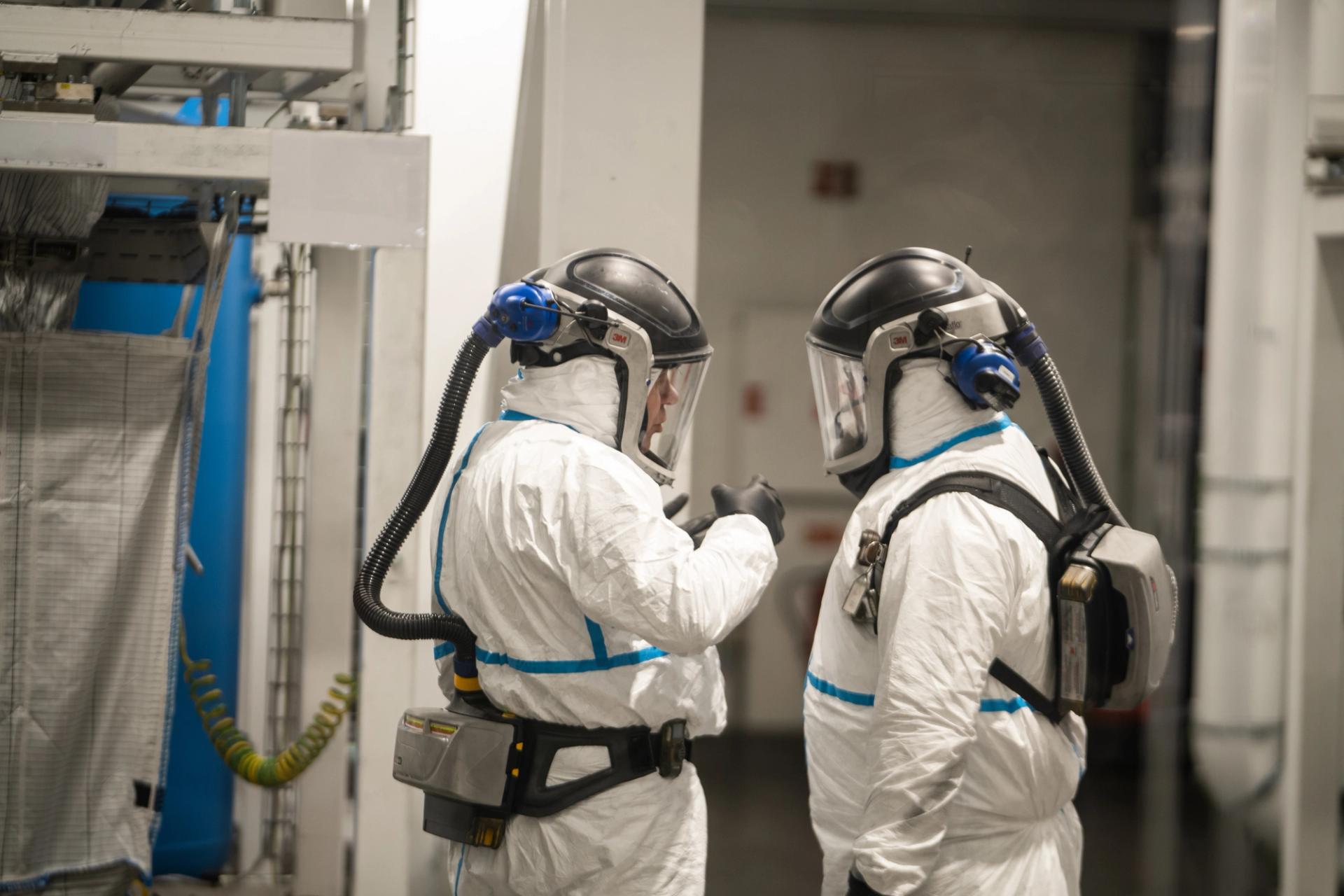
Recycling inextricably linked to sustainable battery production
Norway’s battery ambitions extend far beyond production. To achieve true sustainability, the battery industry must be based on the circular economy – and battery recycling is an integral part of this.
Nobody knows this better than Tom Jensen, Executive Chairperson and Co-founder of FREYR Battery. FREYR has commenced construction of a gigafactory in North Norway, and recycling is a key part of its production strategy.
“To decarbonise battery production, you also need to decarbonise the supply chain, which includes the recycling link,” says Jensen.
“The good news is that Norway has lots of renewable energy that is comparatively cheaper than in most places on the planet. We also have the necessary input resources. In fact, almost everything needed for a circular battery economy is available in the Nordic region.”
FREYR will require suppliers of any materials that need to be sourced globally to certify that the materials are produced responsibly. Materials will have to be sourced or made under conditions that comply with international human rights and labour laws and environmental standards.

“FREYR and other battery producers are participating in the entire Norwegian battery ecosystem. We are essentially in a fight against climate change.”
Tom Jensen
Executive Chairperson and Co-founder of FREYR Battery
Investment in Norway opens the gates to Europe
Although Norway is not an EU Member State, it is fully integrated in the EU single market through the EEA Agreement. This means that there is free movement of persons, services, capital and goods (with a few exceptions) between Norway and the EU. Thanks to its high level of expertise and huge EV battery supply, Norwegian industry is able to contribute directly to a European battery value chain.
Moreover, Norway is subject to EU regulations and market trends. The European Green Deal, for example, stipulates that battery production must be circular, meaning that existing EV batteries must be used to manufacture new ones. A new regulatory framework places further value on recycling and traceability in all steps of the battery value chain.
Fredrik Andresen is enthusiastic about Norway’s role in the European battery industry.
“Hydrovolt contributes to the European Battery Alliance, the EU’s instrument to create a competitive and sustainable battery cell manufacturing value chain in Europe,” he says.
“I work a great deal in Europe, and I spend a lot of time giving input to the EU. Norway has a good trade agreement with the EU, and the regulations are taking us on a common European path. The shift in tempo is significant. We are getting up to speed to create a new industry.”
By all metrics, the alliance has been successful, attracting close to 500 industrial partners. European battery investments are now approaching EUR 100 billion (roughly USD 115 billion) – a nearly thirtyfold increase from 2017.
Read more: Anticipating the European battery boom
Circularity leads to profits
Norway’s focus on value chain circularity is not only ethical but profitable as well – sustainability makes for good business.
“We see great opportunities in the green transition,” says Andresen. “There are more profits in being sustainable over time. For us, it’s all about creating a new battery recycling industry with great earning potential. You need profits to invest and grow.”
Sustainability may be Norway’s secret weapon in the competition with China, which still dominates lithium-ion battery production with its 125 gigafactories. While China has shown less interest in mitigating environmental impact, Norway is a world leader in sustainable industrial solutions, which are also good for the bottom line.
FREYR, for instance, utilises production technology that enables recycling while enhancing efficiency and lowering costs. Jensen explains:
“Most battery production in Asia uses many chemical agents and consumes a lot of energy. We have a much shorter, scaled-down production process that reduces waste and saves energy, thereby having the potential to increase profitability. It’s easier to take the material from batteries and recycle it back into use. We aim to have zero scrap in our facility. This is why our process is more sustainable.”
Andresen believes that the Norwegian battery industry will soon catch up with China and eventually surpass it. “China is coming to Europe now. It’s a sign we are offering something impactful for the entire world,” he says.
Jensen agrees that Norway’s battery future holds great promise. “FREYR and other battery producers are participating in the entire Norwegian battery ecosystem. We are essentially in a fight against climate change. It’s a battle against combustion engines and fossil fuels. The market for batteries is going through the roof, and Norway is leading the way in end-of-life battery recycling,” he concludes.
